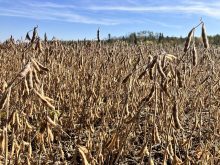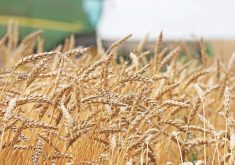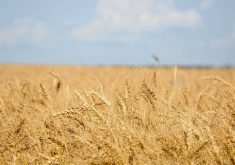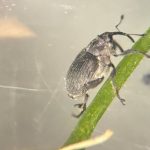U.S. agriculture officials will now require a certificate of origin on any imports of fresh peppers from Canada.
USDA warned that effective Wednesday, fresh peppers from Canada must be accompanied by a certificate of origin issued by the Canadian Food Inspection Agency stating that the peppers were not grown in the Netherlands.
According to the CFIA, USDA’s move is a result of a recent U.S. discovery of false codling moth on an import of fresh peppers from the Netherlands.
The U.S. has suspended the import of fresh peppers from the Netherlands as a result.
Read Also
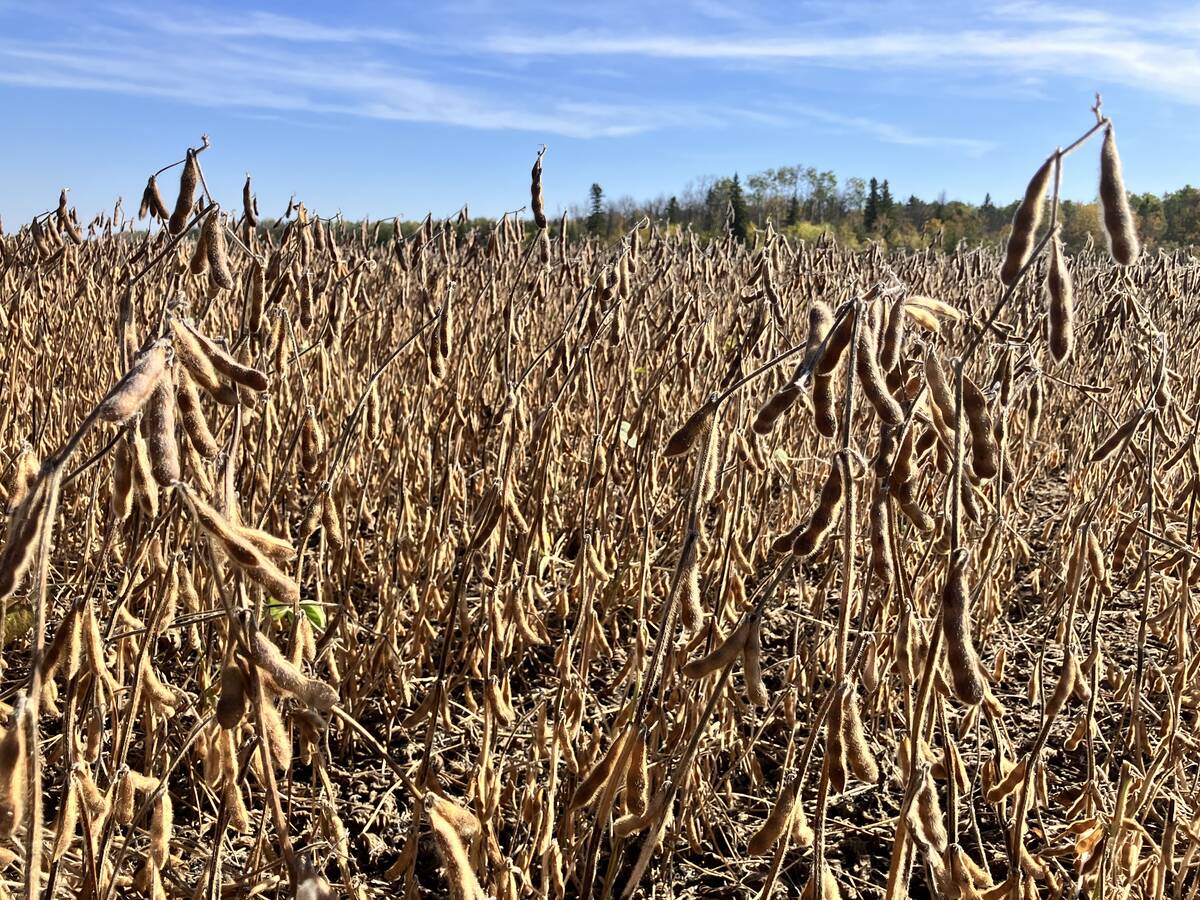
IGC February report adjusts world data
There were several revisions made to the International Grains Council monthly supply and demand report issued on Feb. 19, most notably in soybeans.
CFIA still allows fresh peppers from the Netherlands but has raised its inspection rates to 100 per cent to ensure those shipments don’t contain the moth.
CFIA said it now also requires phytosanitary certificates accompany those shipments to specify they’re free from false codling moth.
“Canadian officials will also continue to work with their Dutch and U.S. counterparts, as well as Canadian industry, to identify and develop alternative risk mitigation approaches,” the agency said.
According to California’s state food and agriculture department, false codling moths’ caterpillars bore into fruit, rendering it “undesirable for consumption” and leaving it susceptible to bacteria and microorganisms.
Grapes, corn, peaches, plums, cherries, beans, tomatoes, peppers, persimmons, apricots, olives, pomegranates, English walnuts, cotton and citrus fruits are common hosts for the false codling moth. It’s known as a major crop pest in Africa but is not considered a quarantine pest in Canada.
California officials warn that false codling moth could lead to “significant economic losses” in crops if it were to establish in the state or anywhere else in the U.S.


